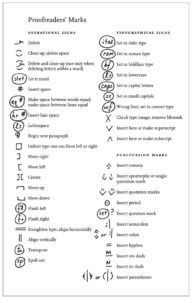The Jenkins Honors Moot Court Competition is the appellate moot court competition for Marquette law students and is the capstone intramural event of the moot court program. Students are invited to participate based on their top performance in the fall Appellate Writing and Advocacy course at the Law School.
Congratulations to the following students who were selected to the 2022 Jenkins Honors Moot Court Competition:
Jake Apostolu
Tristan Bednarek
James Carpenter
Hunter Cone
John Curran
Ilana Friedman
Travis Goeden
Anne Gonring
Bailey Groh Rasmussen
Alesha Guenther
Nolan Heck
Munifeh Jaber
Nicole Jennings
Samantha Jozwiak
Kyle Kasper
Matthew Kass
Abigail Kincheloe
Ruth Nord-Pekar
Robyn Shepard
Ronald Tenuta
Aimeé Treviño
Rose Vanelderen
Meghan Wallace
Emily Ward
Austin Wesner
Jessica Zimpfer
The preliminary rounds of competition be held on March 26-27, 2022, with the winning teams progressing through the quarterfinals, then semifinals, to the final round. Stay tuned for more details.
Any questions about the competition should be directed to Lauren Brasington, Associate Justice of Intramural Competitions.

